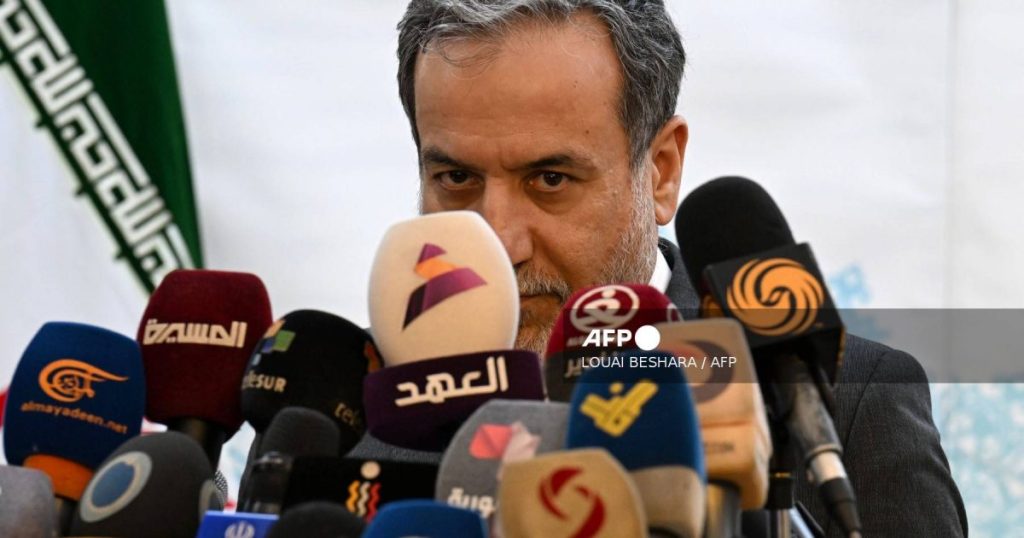Tehran’s Foreign Minister Abbas Araghchi visited Damascus recently, making strong statements regarding the ongoing tensions between Iran and Israel. In a press conference, Araghchi threatened that Iran’s reaction to any aggression would be even more robust, asserting a commitment to proportional responses to Israeli actions. His comments followed an Israeli military acknowledgment of preparation for retaliation against Iran after a missile strike by the latter. This diplomatic visit aimed to establish a unified Iranian front with its allies in the region, particularly with Syrian President Bashar al-Assad and other senior officials in Damascus.
During his visit, Araghchi emphasized the urgency of implementing ceasefires in both the Gaza Strip and Lebanon. This call comes in the wake of the recent escalation of violence, notably after the Iran-backed militant group Hamas launched an attack on Israel, setting off further conflict in Gaza. The involvement of Hezbollah, Iran’s ally in Lebanon, has compounded the issues, with Israel intensifying its military actions against the group. He stated that ceasing hostilities is currently the most pressing concern and expressed hope for productive discussions and initiatives that could lead to an end to the fighting.
Araghchi’s visit to Syria coincided with a trip to Lebanon where he aligned his support with Hezbollah’s interests, remarking on the need for a truce that accommodates both Hezbollah and the situation in Gaza. This diplomacy underscores Iran’s persistent endeavor to support its allies in the face of Israeli military advances and to broker a more stable regional peace. His discussions in Damascus were vital in pushing for this united front amidst the conflict that has seen regional allies facing a common adversary.
The implications of Araghchi’s statements also highlight Iran’s determination to affirm its military influence and sway in the region. Iran has reiterated its commitment to supporting its allies with military capabilities, as evidenced by the rhetoric surrounding the recent missile attack that had been framed as a significant lesson for Israel. Assad’s office backed these sentiments, suggesting that Iran’s aggressive posture is designed not only to retaliate but to deter further Israeli incursions into territory considered critical to Iranian strategic interests.
Israel’s response, as reported, indicates a state of high alert following these threats. Israeli military officials have described the Iranian missile attack as unprecedented, warranting severe measures in response. The heightened military readiness reveals an ongoing cycle of aggression, where each action leads to retaliation, further complicating the geopolitical landscape. The stakes are particularly high considering the intertwined fates of Iran, Syria, and Hezbollah, as they face external pressures from Israel backed by broader international powers that complicate local dynamics.
As the situation evolves, the diplomatic efforts and military preparations by both sides suggest that a broader conflict may be looming, with the potential to escalate beyond the current theaters of war in Gaza and Lebanon. Iran’s visits and calls for ceasefire are critical, yet they are set against a backdrop of ongoing violence and mutual distrust that has characterized Israeli-Iranian relations for years. The dialogue may play a pivotal role in shaping the next phases of conflict or potential peacebuilding, though the path ahead remains fraught with complexity and danger as both military and diplomatic engagements continue to unfold.


